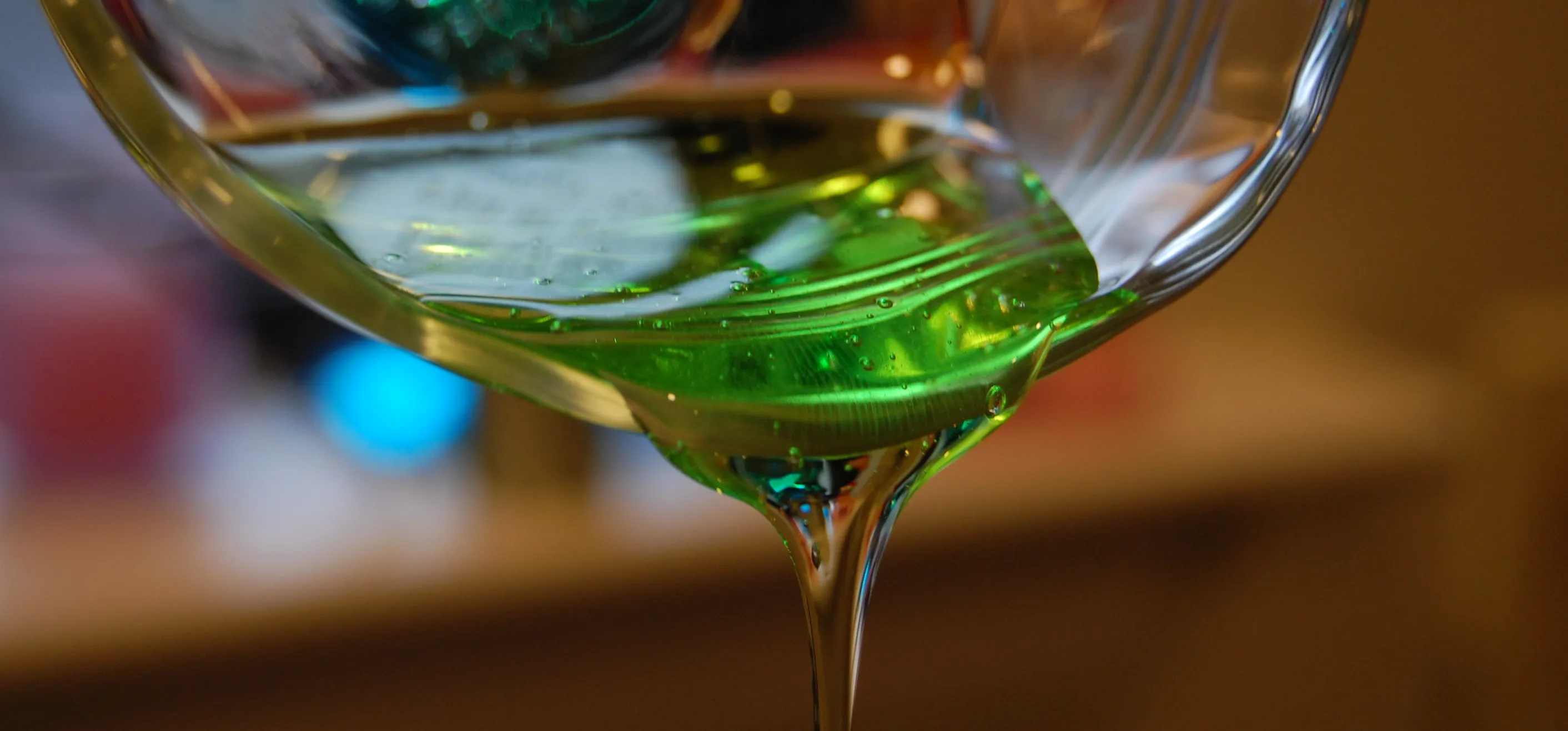Everyone floats in the Dead Sea because the amount of salt in water effects the density. Do a hands-on experiment and practice checking density. Here's a good science experiment to do in class or at home, if you have access to an electronic balance.
The density of salt water depends on how much salt is dissolved in it. Calculate the density of a particular sample with the method described here.
You Will Need
* Tap water
* A 1-liter bottle
* An electronic balance
* A pencil and paper
* A calculator
* Saltwater
Step 1: Fill a bottle with tap water
Weigh an empty 1-liter bottle on an electronic balance, and then fill it with room temperature tap water.
Step 2: Weigh the bottle
Weigh the filled bottle on the balance. Then subtract the weight of the empty bottle and note the weight of the tap water.
The balance should have a capacity of at least 1.5 kilograms and be accurate to within 0.001 kilograms.
Step 3: Weight the bottle with salt water
Replace the tap water in the bottle with room temperature saltwater, and weigh it. Then subtract the weight of the empty bottle and record the weight of the saltwater.
Step 4: Calculate the weight ratio
Calculate the ratio of the weight of the saltwater-filled bottle with to that of the tap water-filled bottle.
Step 5: Calculate the saltwater density
Multiply the ratio by the density of pure water –1000 grams per liter – to get the density of the saltwater in grams per liter.
Bathers float on the Dead Sea in Israel because the salt water density is so high.























Comments
Be the first, drop a comment!